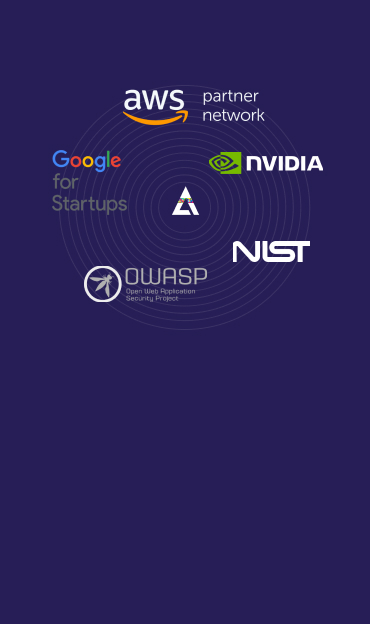AI benefits of the KYC industry
KYC stands for “know your customer”, and it is the term for banking and exchange regulation for financial institutions and bookmakers, as well as other companies working with private money. To achieve these goals, artificial intelligence systems are widely used as they help to perform overall monitoring and fight illegal transactions. AI-based KYC tools can perform document verification in a few seconds to check the identity and address of a person.
The flip side: AI risks
Despite the fact that KYC and AML systems are aimed at reducing various financial misconceptions, attacks on related devices are far from uncommon. The most frequent goal of an attacker of such smart systems is to try to force the system to recognize one person for another, as well as to provide incorrect information using attacks on these systems, it is possible to hide illegal transactions, data about a business or its owners.
In addition, such systems can give an attacker access to a huge amount of financial data about the people and organizations with which the smart system works.



